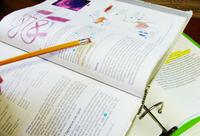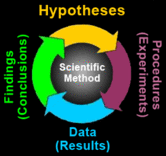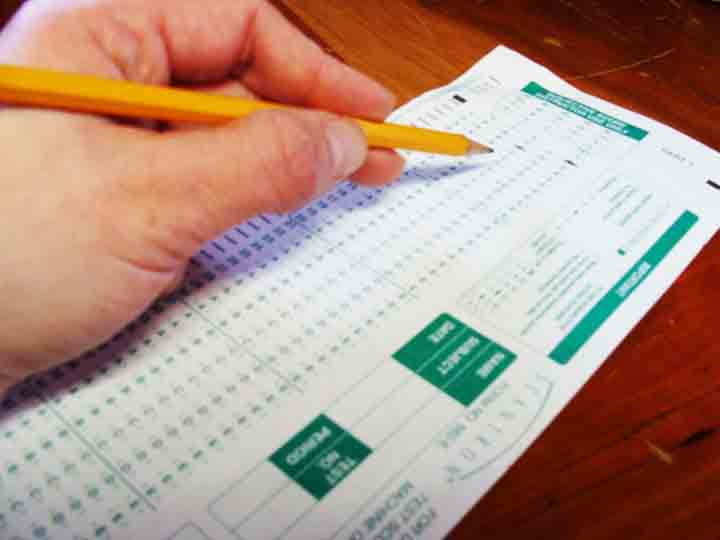 | ||||
Scientific Method
Review Questions
from Science Prof Online
Scientific Method Review Questions
 | ||||
Free multiple choice and true/false questions designed to help students practice and test their understanding of Scientific Method.
SPO VIRTUAL CLASSROOMS
 | ||||||
1. List and describe the steps of the scientific method that one would follow to test a hypothesis.
2. What does it mean if research results support the hypothesis? Does that mean that the hypothesis has been proven to be true?
3. Compare Science, Nonscience and Pseudoscience. How does each differ from the others? To answer this question, you will need to define each term. Also list 3 examples of each.
4. Through use of the scientific method, Dr. Edward Jenner developed a vaccination against smallpox.
- a. What initial observation did he make that caused him to suspect that people could be protected against smallpox?
- b. What was his hypothesis?
- c. What experiment did he perform to test his hypothesis?
- d. Was his hypothesis supported or refuted.
5. Describe the key difference between Needham, Spallazani and Pasteur's experiments and how the difference relates to the scientific method and the importance of controlling variables in an experiment.
6. How does the use of scientific method reduce bias? What is bias?
7. How else is bias controlled in the scientific community. There are two particular things that we discussed in lecture, that take place after the results are analyzed.
Page last updated: 2/2016
These are review questions from the free science education website Science Prof Online, designed to help students better understand the scientific method. They are based on materials that can be found on the Scientific Method Lecture Main Page.
 | ||||
Science Prof Online
has several
Virtual Classrooms
including:
(15 week)
(15 week)
(8 week)
(8 week)
(15 week)




